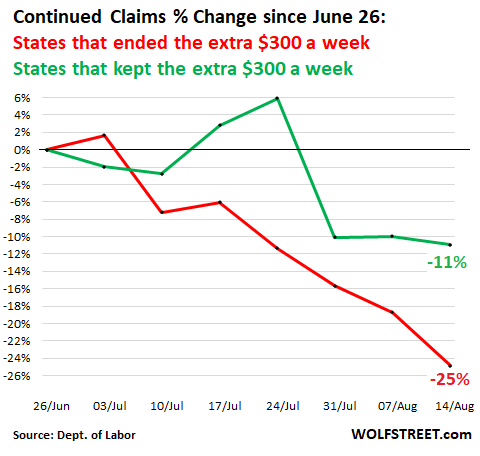Unraveling the Mystery: Remaining $300 Unemployment Bonus Checks and What You Need to Know
The additional federal unemployment insurance payments that were provided as part of the stimulus package are nearing their expiration date, and many recipients may be required to pay taxes on these benefits. Despite this, more checks are still expected to be disbursed. The extended unemployment bonus checks are part of President Joe Biden’s American Rescue Plan and are intended to last until the 6th of September.
This plan is a subject of much debate in the Congress, particularly in the Senate where issues including the third stimulus check, Child Tax Credit, and eviction moratorium are brought up. On Friday, changes were proposed to the unemployment benefits extension, including a decrease in the bonus checks from $400 to $300, and an expiry date set on September 6.
Moreover, there was another proposition made concerning a potential tax break for individuals receiving unemployment benefits. Since unemployment checks count as taxable income, many workers may find themselves owing money on tax day. To mitigate this, the plan suggested to make the first $10,200 of unemployment benefits tax-exempt for those families that earn less than $150,000 annually.
Eligibility for these benefits vary state by state, but in general, you may apply if you have lost your employment due to no fault of your own, including job loss due to the pandemic. The amount received by each applicant is usually based on their gross income during their employment and varies between $300 and $600, depending on the state.
Lastly, for any inquiries regarding the process of these unemployment checks, or if you need to discuss specific details related to your case, you may need to contact EDD. They have a dedicated customer service to assist with your concerns. For detailed instructions on how to get a hold of a representative from EDD for discussion, visit eddcaller.com. It provides valuable information and tips to connect with EDD representatives in real-time, making the process seamless for those seeking assistance.
